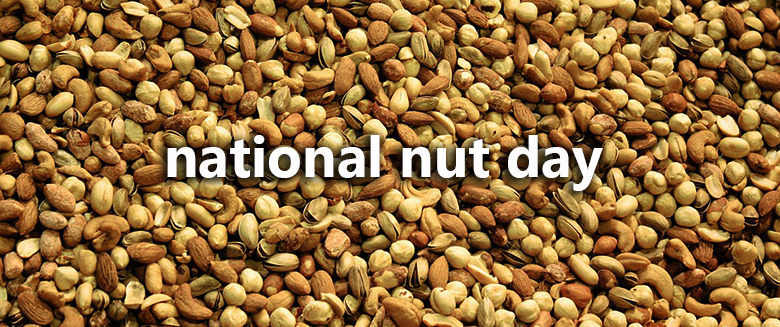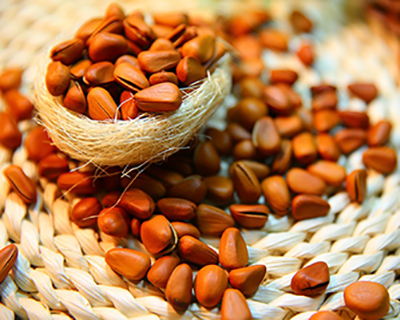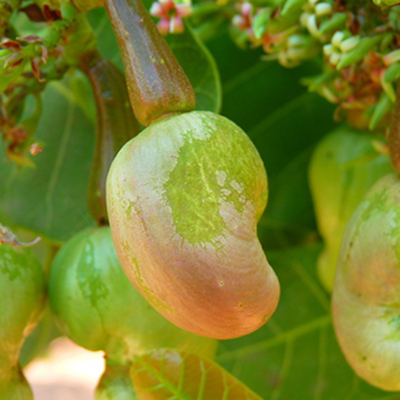National Nut Day: 5 facts you might nut know

National Nut Day is held every single year on October the 22nd, and this food holiday celebrates the delicious, nutritious snack in all it’s guises.
Nuts are not only a great snack, the prized food is packed with good fats and are an exceptional energy source for both humans and wildlife.
Why haven’t you added nuts to your diet already? Here’s five nutty facts that you might not know.
1. Peanuts are not technically nuts

Let’s get this big one out of the way first!
Despite the name and connotation, peanuts are actually part of the legume family. Peanuts grow underground so can’t technically be a ‘nut’.
We wouldn’t know what to rename them too though, pea is already taken…
2. Pine nuts actually come from pine cones

This might sound silly but many people don’t realise that pine nuts actually come from pine cones.
Small and nondescript, the pine nut comes from the commonly found all over, just tap them and peel the second shell off to access the tasty little treat.
3. Almonds can last up to 2 years

Not content with just being good for your gut, almonds have one of the longest shelf lives of any nut, lasting an impressive two years if refrigerated.
The reason they last so long? Well, it’s due in part to the fact that almonds are rich in Vitamin E.
4. The shell of the cashew nut is actually toxic

Cashews are from the same plant family as poison ivy and poison sumac, this means that the plants defense mechanism is to be toxic to anything wanting to eat the leaves or seeds.
The shell of the cashew is toxic and can’t be eaten, most of the itchy oil is contained within the shell.
But cashews actually have a double shell that contains the resin called urushiol that has to be steamed off before the nuts are roasted to make them ready to eat.
Don’t fret, all steps are taken to make sure cashews are 100% ready to eat before they ever reach your plate.
5. Dogs are allergic to most nuts

Unfortunately, our furry friends are not really cut out for dining on nuts. Despite having low amounts of the poison Aflatoxin – which is harmless to humans in low quantities – dogs can be affected quite drastically.
Even low levels of the toxin can be dangerous to dogs, causing gastroenteritis and in some cases more serious illnesses.
It makes sense to just avoid giving your dog any sort of nut to be safe and keep them away from the vets!
Make sure to enjoy nuts in moderation, even thought they contain all manner of vitamins, minerals, good fats and are a great source of energy.
Despite being full of good fats, they are calorie dense and should definitely be enjoyed in smaller portions.
